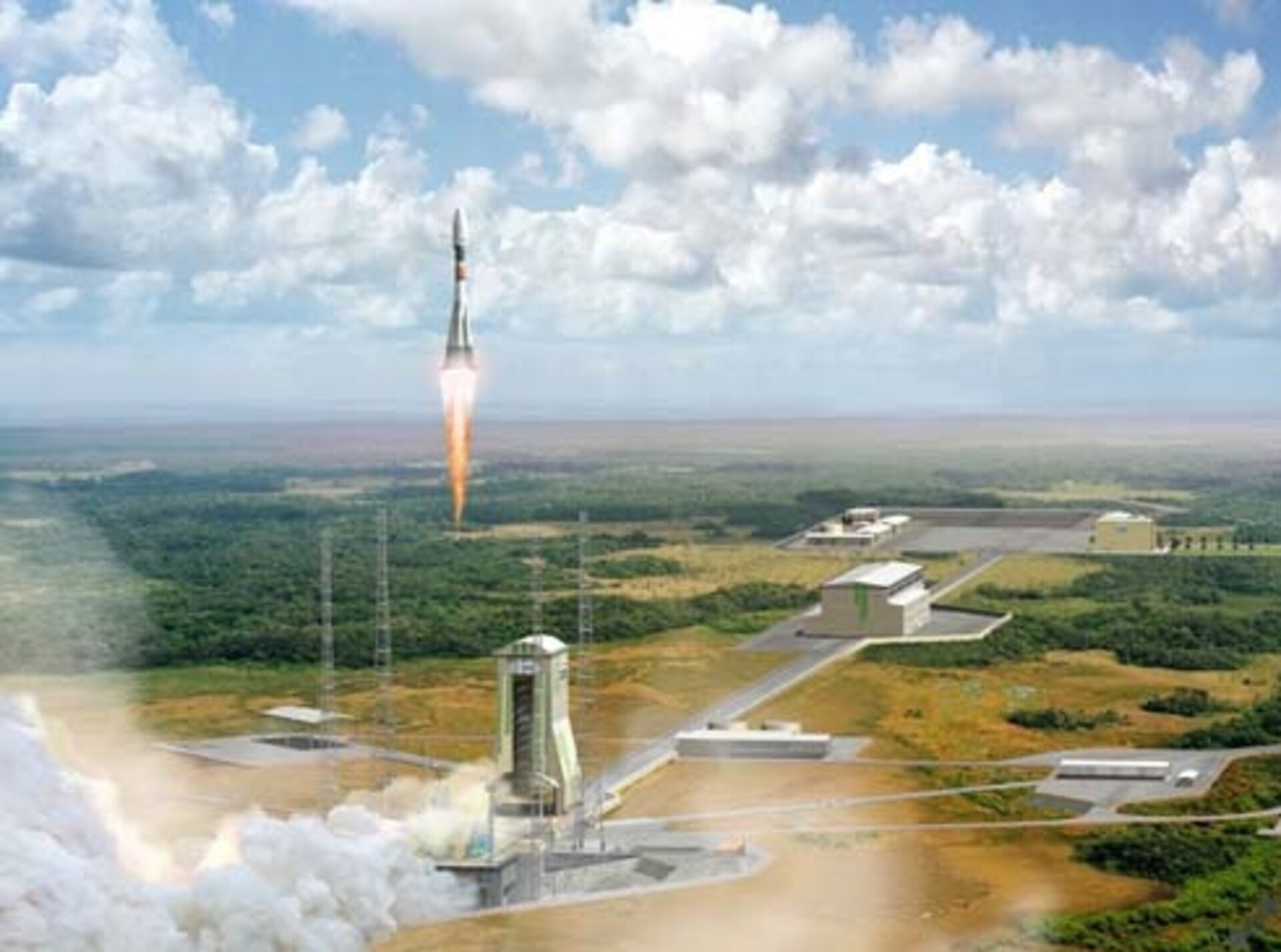ESA DG in Les Echos
Interview with Jean-Jacques Dordain, ESA Director General, by Alan Ruello in Les Echos, 25 August 2011 - Article translated from French.
"No plans to delay the first Soyuz launch from French Guiana," European Space Agency.
Jean-Jacques Dordain, Director General of the European Space Agency, answers our questions following the accident involving the Russian Progress cargo vessel that was supposed to resupply the International Space Station (ISS).
What is your analysis of the series of failures affecting Russia’s Proton and Soyuz launchers over the last few months?
Our profession is a difficult one and a launch can never be seen as a mere formality. I know each time an Ariane 5 launch comes around that it won’t just be business as usual. A launcher is more complicated than is often imagined. The margins between success and failure are very slight; all it takes is for one component to fail and success turns to failure. It’s all or nothing. Unfortunately, we had two failures occurring on the same day (18 August, ed.), one with Proton, and the other with China’s Long March rocket. Both the Americans and ourselves have had our fair share of problems. When one country fails, it is a failure for the space community as a whole.
So you don’t believe that Russia’s space industry is facing structural problems?
I have no grounds to believe that, especially since the Russians conduct a lot more Proton launches than we do Ariane. It’s important to maintain one’s humility when others are facing difficulties and not to jump to the conclusion that standards have somehow slipped. Soyuz remains the most reliable launcher in the world. Let’s not forget either that the name Soyuz in fact refers to a number of different versions: the Soyuz used to resupply the International Space Station is not the same as the one that carries human passengers, and neither is it the same as the one that will place the first two Galileo satellites in orbit this coming 20 October from Kourou.
Should we expect a delay in the first Soyuz launch from French Guiana?

On Wednesday evening I wrote to Vladimir Popovkin (the Head of the Russian space agency, Roscosmos) offering to send ESA’s Inspector General, should such assistance be required. I also requested that he have an analysis conducted on the consequences of the Progress failure for the versions of Soyuz to be used in French Guiana and for human spaceflight, given that a European astronaut is scheduled to fly to the ISS at the end of November. The board of inquiry ought to have established the cause of the problems in two or three weeks’ time. In the meantime, there is absolutely no reason to take any particular measures and everyone is working towards the date of 20 October for the first Soyuz launch from French Guiana.
If, in spite of everything, there were to be a delay, how much room for manoeuvre is available in scheduling terms for the placing of the first two Galileo satellites in orbit?
There is no point in drawing up scenarios. In any case, there is no critical factor dictating a specific date before which we absolutely must launch the first two Galileo satellites. Quite simply, if there were to be consequences for the 'French Guiana' version of Soyuz, then the launch would be delayed and that delay would have an effect on the availability of Europe’s navigation service, while the European Commission, for its part, is asking me to ensure it is available as soon as possible.
Would it be possible to bring forward the launch of the next European ATV cargo vessel, scheduled for launch on Ariane 5 in early 2012, if the Russians were no longer able to resupply the ISS before that date?
I had my counterpart at NASA on the phone and he asked me the same question. The ISS crew can keep going until the end of 2011. We could conceivably bring forward the ATV launch but only by a few weeks, not by several months. We’ll see what we can do. The ATV is on its way to Kourou, as are the first two Galileo satellites. By the time they’ve arrived, I’m hopeful the outcome of the Russian board of inquiry will be known. I have also been in contact with Arianespace. We are far from indifferent to the problems in Russia, but we are not setting up any kind of action plan at this stage.
With the Shuttle having flown its final mission this summer, Soyuz is now the only launcher able to transport a human crew to the ISS. Can you imagine the Russians, albeit in an extreme case, being unable to meet their commitments?
I didn’t wait until the failure on Wednesday evening to say that we find ourselves in an uncomfortable situation. It is not to their credit that the Station partners have proved incapable of defining a coordinated, if not a common, transportation policy. This has been a matter of regret to me for two years now. That said, there is some difference between saying the situation is uncomfortable and being unable to reach the Station. I am sure the Russians will be able to pinpoint the cause of the problem quickly enough and that we will not see Soyuz grounded for several years.




